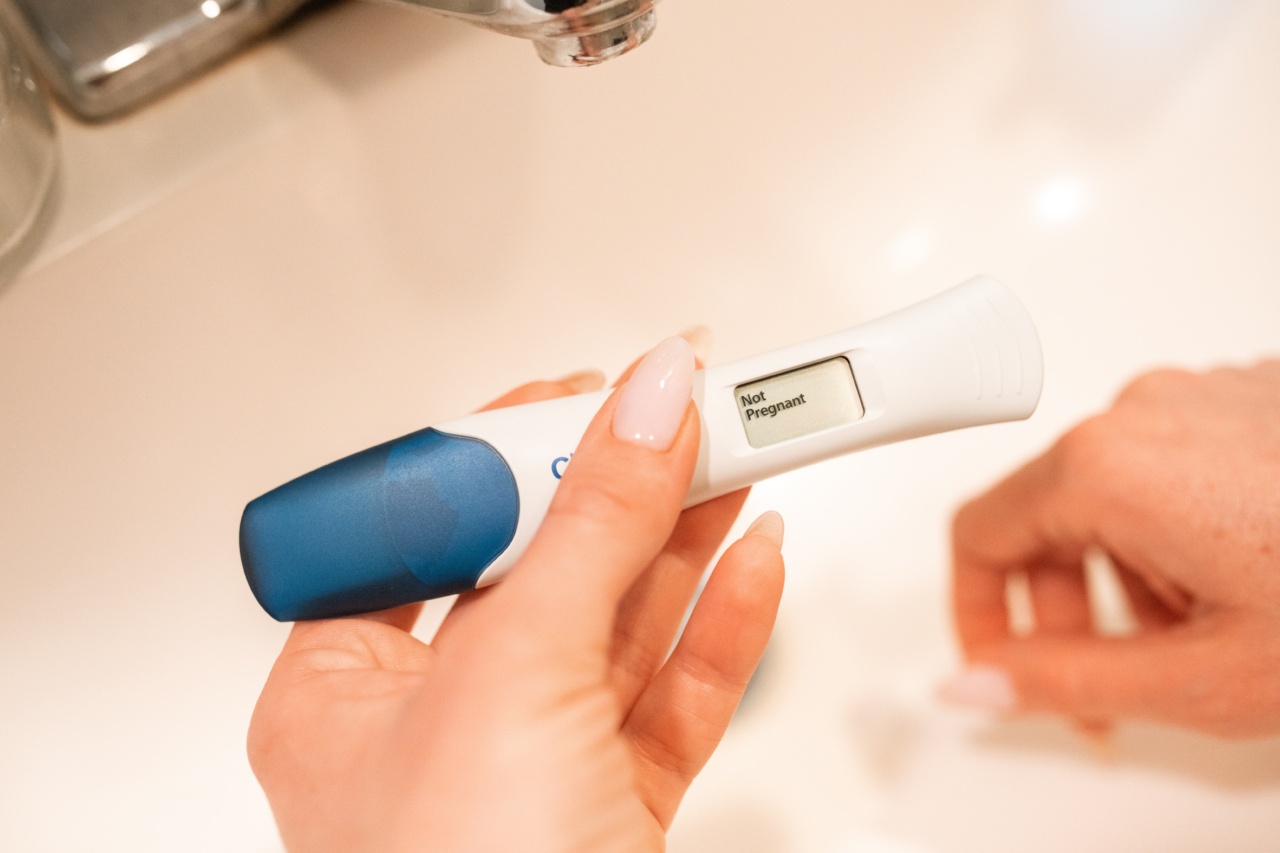High blood pressure, also known as hypertension, is a common health condition that affects millions of people worldwide. It is often associated with various risk factors such as age, obesity, sedentary lifestyle, and poor dietary habits.
However, recent studies have suggested that there may be a link between blood pressure and personality traits.
Understanding Blood Pressure
Before diving into the relationship between blood pressure and personality, it is essential to understand what blood pressure is and how it is measured. Blood pressure is the force exerted by the blood against the walls of the blood vessels.
It consists of two numbers: systolic pressure and diastolic pressure.
Systolic pressure, the higher number, represents the pressure in the arteries when the heart contracts and pumps out blood. Diastolic pressure, the lower number, indicates the pressure in the arteries when the heart is at rest between contractions.
Blood pressure is measured in millimeters of mercury (mmHg) and is typically recorded as systolic/diastolic, such as 120/80 mmHg.
The Influence of Personality on Blood Pressure
Personality traits are the unique patterns of thoughts, emotions, and behaviors that shape an individual’s character.
While many studies have focused on the conventional risk factors for high blood pressure, recent research suggests that personality traits may also play a role in developing hypertension.
1. Type A Personality
The Type A personality, characterized by competitiveness, time urgency, and high levels of stress, has been found to be associated with an increased risk of developing high blood pressure.
Individuals with a Type A personality tend to have a sense of urgency, often engaging in multitasking and working under pressure. This constant state of stress may lead to elevated blood pressure levels.
2. Type B Personality
In contrast to Type A personality, individuals with Type B personality traits are more relaxed, patient, and laid-back. They tend to be less prone to stress and have a more balanced approach to life.
Several studies have shown that individuals with Type B personality traits are less likely to develop high blood pressure compared to those with Type A personality traits.
3. Hostility and Anger
Hostility and anger, which are prominent features of some personality types, have been linked to higher blood pressure levels.
Chronic anger and hostility can lead to increased activation of the sympathetic nervous system and the release of stress hormones, both of which can elevate blood pressure. Individuals with higher levels of anger and hostility may, therefore, be at a higher risk of developing hypertension.
4. Neuroticism
Neuroticism is a personality trait characterized by emotional instability, anxiety, and mood swings. Studies have shown a positive association between neuroticism and high blood pressure.
Neurotic individuals may experience more significant fluctuations in blood pressure due to heightened emotional reactivity and stress response.
5. Conscientiousness
Conscientiousness refers to the tendency to be organized, responsible, and goal-oriented.
People with high levels of conscientiousness are often diligent about their health and adopt healthy lifestyle behaviors, such as regular exercise, balanced diet, and avoiding smoking and excessive alcohol consumption. Consequently, individuals with higher conscientiousness may have lower blood pressure levels.
6. Social Isolation
Loneliness and social isolation have been associated with an increased risk of developing high blood pressure.
People who lack social connections and meaningful relationships may experience higher stress levels, which can contribute to elevated blood pressure. Strong social support, on the other hand, has been linked to better cardiovascular health and lower blood pressure.
7. Coping Mechanisms
The way individuals cope with stress and adverse life events can also influence their blood pressure levels.
Healthy coping mechanisms, such as exercise, relaxation techniques, and seeking social support, have been found to be associated with lower blood pressure. In contrast, unhealthy coping strategies like smoking, excessive alcohol consumption, and overeating can contribute to hypertension.
8. Personality Changes and Blood Pressure
While personality traits tend to be relatively stable over time, they can also evolve and change. Interestingly, changes in personality traits have been associated with fluctuations in blood pressure.
For example, a study found that individuals who became more hostile over time experienced increases in blood pressure, while those who became less hostile showed decreases in blood pressure.
9. The Role of Genetics
It is worth noting that both personality traits and blood pressure can have a genetic component. Some studies have suggested that certain genes may influence both blood pressure regulation and personality traits.
However, further research is needed to understand the complex interplay between genetics, personality, and blood pressure.
10. The Importance of Holistic Health
While the relationship between blood pressure and personality is intriguing, it is crucial to consider that multiple factors contribute to the development and management of hypertension.
Lifestyle habits, such as maintaining a healthy weight, exercising regularly, consuming a balanced diet, managing stress levels, and avoiding tobacco and excessive alcohol use, are still the primary areas of focus for blood pressure control.
Conclusion
While the existing research suggests a possible link between blood pressure and personality traits, it is essential to consider these findings within the broader context of holistic health.
High blood pressure is a complex condition influenced by a variety of genetic, lifestyle, and environmental factors. While personality traits may play a role in blood pressure regulation, they should be considered as part of a comprehensive approach to maintaining cardiovascular health.





























